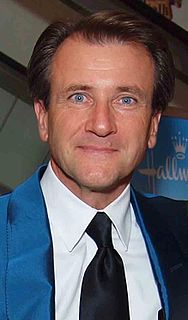A Quote by Kevin Plank
I'm a big advocate of the power of positive thinking, particularly for small businesses.
Related Quotes
Positive thinking is just one small part of positive psychology. Plus, as an approach to well-being, positive thinking only helps you to the extent that it yields one or more positive emotions. The problem with positive thinking is that it sometimes just stays up "in the head" and fails to drip down to become a fully embodied experience.
So what is the difference between "power thinking" and "positive" thinking? The distinction is slight but profound. To me, people use positive thinking to pretend that everything is rosy, when they really believe that it's not. With power thinking, we understand that everything is neutral, that nothing has meaning except for the meaning we give it, and that we are going to make up a story and give something it's meaning.
Somewhere along the line, positive thinking seems to have been confused with magical thinking. There's a notion that if you think positively enough, you can make anything happen by using the power of your mind. All the positive thinking in the world won't deliver good fortune or prevent tragedy from striking.
If you talk to anyone involved in business - forget banks and big business - talk to small businesses - do it yourself, don't ask me - they'll tell you it's crippling. Small-business formation is the lowest it has ever been in a recovery, and it's really for two reasons. One is regulations and the second is access to capital for people starting new businesses.


































